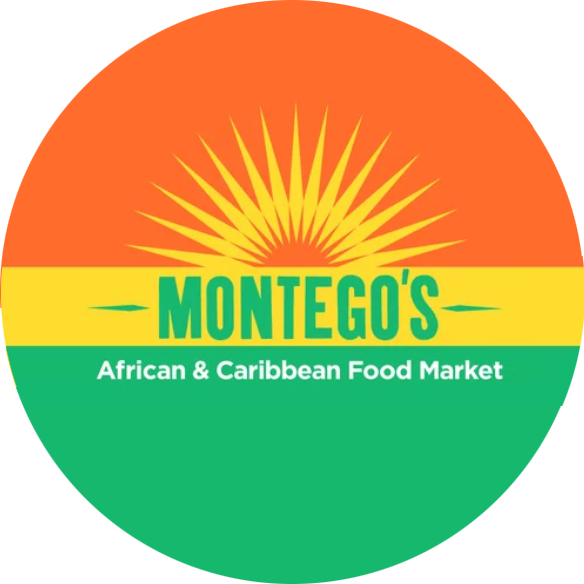
Dominica: Struggles for Independence and the Strength of its Leaders
Share
Dominica, often referred to as the "Nature Isle of the Caribbean," achieved independence from British colonial rule on November 3, 1978. The road to independence was marked by significant struggles and the emergence of strong leaders who fought for self-determination and the advancement of the Dominican people.






Eugenia Charles, the first female Prime Minister in the Caribbean region, was a charismatic and resilient leader who fought for the nation's independence. As the leader of the Dominica Freedom Party (DFP), she championed democracy, social justice, and economic development.

Charles' government focused on diversifying the economy, promoting tourism, and investing in infrastructure to uplift the lives of the Dominican people.
Roosevelt Douglas, who succeeded Eugenia Charles as Prime Minister, continued the legacy of strong leadership in Dominica. His government prioritized sustainable development, environmental conservation, and social welfare. Douglas implemented policies to protect the island's natural resources, promote organic agriculture, and enhance healthcare and education services.

Dominica's cultural impact is deeply rooted in its Afro-Caribbean heritage and indigenous traditions. The island's vibrant music, including genres such as bouyon and cadence-lypso, reflects the spirit and resilience of its people. Traditional dances like the quadrille and bélé showcase the island's unique cultural fusion. Festivals such as the World Creole Music Festival and Carnival highlight the rich diversity of Dominican culture.

In recent years, Dominica has faced challenges such as natural disasters and economic vulnerabilities.
However, the government has shown a commitment to sustainable development, with a focus on renewable energy, ecotourism, and climate resilience. Dominica's commitment to becoming the world's first climate-resilient nation has gained international recognition and support.

The spirit of unity, resilience, and cultural pride continues to define Dominica's journey as an independent nation. The people of Dominica celebrate their heritage through various cultural festivals, including the annual Independence Day celebrations, the World Creole Music Festival, and the traditional Kalinago (Carib) cultural events. These festivities serve as a reminder of the island's rich history and cultural diversity.

In conclusion, Dominica's struggles for independence have shaped the nation into a resilient and proud Caribbean island. Through the visionary leadership of figures like Eugenia Charles and Roosevelt Douglas, Dominica has made significant progress in its journey towards self-determination and sustainable development. The preservation of its natural beauty, investment in education and healthcare, and promotion of cultural heritage will ensure that Dominica continues to thrive as an independent nation, fostering a prosperous future for generations to come

